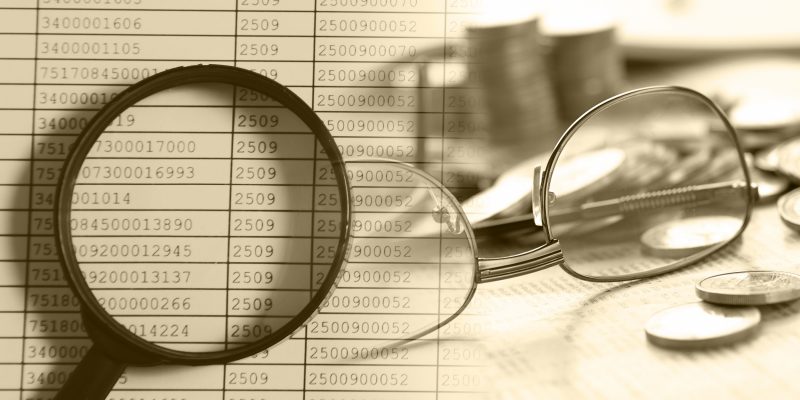2 WAYS FORENSIC ACCOUNTING HELPS BUSINESSES

What do the Mafia and fruitcake have in common? They’ve both been used by forensic accountants to help businesses ensure accounting oversight.
Forensic accounting is a type of accountancy that involves deep and often complicated investigation of business and finance data. It has put Al Capone in jail and uncovered one of history’s most prominent food industry frauds. But what does that mean for you, a business owner? Lessons learned from these seemingly unrelated incidents can potentially save your bottom line and your reputation. Here’s how.
Forensic accounting can act as a financial safeguard
In 1930, Al Capone was on top of the world. The famous gangster had a lavish lifestyle in his Chicago stronghold. Every lawman in the country knew his wealth was connected to illegal activity. But Capone had violently deflected every attempt to bring him to justice. The law finally caught up to Capone, but his downfall didn’t come at the hands of your typical law enforcement officer. Instead, it was at the hands of Frank Wilson, a forensic accountant with the U.S. Government. Wilson was able to cobble together enough accounting evidence to send the mafioso to jail for 11 years on charges of tax evasion.
Like Capone, Sandy Jenkins also felt the sting of forensic accounting. The Collin Street Bakery accountant embezzled nearly $16 million from the legendary fruitcake company from 2005 to 2013. Jenkins wrote checks for the company, and the bakery had no system of oversight to keep him from perpetrating the fraud. The Texas accountant was the proverbial fox in the henhouse, but all accounting crimes leave a footprint. Forensic accountants with the FBI finally caught up to Jenkins, and the accountant was sent to federal prison.
So, what do Capone and Jenkins have to do with your business? Forensic accountants developed methods of accounting oversight based on cases like these. Now, those methods are available to business owners, allowing them to safeguard their finances.
Forensic auditing can protect reputations
Losses from accounting fraud can be huge, but you always have the chance to make back lost money. Reputations are harder to salvage, and even when business owners are shown to be unaware of the fraud, the stigma attached to it can have long-term consequences. Vendors and customers may be hesitant to do business with owners who don’t seem to have a handle on their finances. Also, they may fear the business going under, creating supply issues and lost sales.
The bottom line on forensic accounting
No one likes to think someone within their company is defrauding them. And no business owner likes going into an acquisition and questioning the actual value of a company. Of course, you could always wing it. You only have your reputation and a potential fortune to lose. Or, you could take lessons learned from forensic run-ins with fruitcake thieves and famous mobsters, and maybe you can make forensic accounting another arrow in your financial quiver.